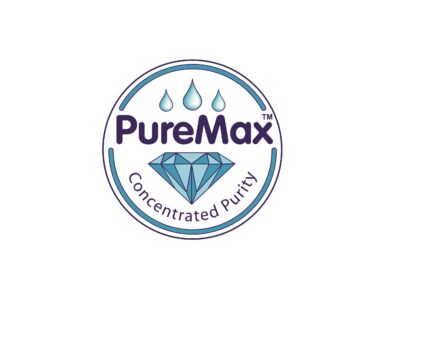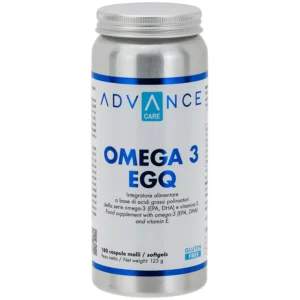PureMax™ for a safe and conscious Omega 3 supplementation
Not all fats are the same.
Essential fatty acids of the Omega 3 series are a clear example. These precious fatty acids are represented by α-linolenic acid (ALA), eicosapentaenoic acid (EPA) and docosahexaenoic acid (DHA). These nutrients are defined essential for humans as the body is unable to synthesize it endogenously (it is only able to convert ALA into EPA and DHA) and therefore must be introduced into the body with the diet.
An impressive amount of independent published studies has now clearly demonstrated the effectiveness of Omega 3 fatty acids in the prevention of various diseases (i.e. cardiovascular disorders, type 2 diabetes) due to their anti-inflammatory properties. Noteworthy, EFSA (the European Food Safety Authority) gave a positive opinion on the efficacy of EPA and DHA in the health support, as they are very helpful in different way, for example in the regulation of mood, during pregnancy and in the maintenance of the normal levels of LDL cholesterol in the blood (EFSA Journal 2011; 9(4):2078).
The sources of these fatty acids are either vegetal food or animal food (mainly from fish oil). In the former the omega 3 is present in the form of ALA, in the latter in the form of EPA and DHA.
The human body, as already mentioned, is able to convert ALA to EPA and DHA, but this conversion is not always efficient (for example, it is reduced in the presence of an excess of omega-6 fatty acids intake, highly abundant in the Western diet) and is lowered with age. From these considerations, it can be stated that the animal omega-3 sources, particularly the fishes living in cold seas, are the most helpful for a sufficient intake of EPA and DHA with the diet.
However, it must be considered the potential health risk associated with the intake of fish food or omega 3 supplements. Concerns about the levels of pollutants in the seas and oceans from human activities have indeed increased significantly in recent years. These contaminants, including dioxins, polychlorinated biphenyls and heavy metals such as Lead, Mercury, Cadmium and Arsenic, are included in the fishes diet and therefore, indirectly, also in the human diet. Furthermore, they accumulates in fish adipose tissue at higher concentrations than those of the seawater. These contaminants are then transmitted by preys to predators as we go along the food chain (a phenomenon named ‘bioaccumulation’). From these considerations it can be asserted that the attention given to this topic is never too much. For example, heavy metals are not biodegradable and persist in the environment. At the level of living organisms, they are able to damage lipids, proteins, enzymes and DNA by the production of free radicals, with damages that can be catastrophic for the body (Järup, British Medical Bulletin, 2003; Jan et al, Int J Mol Sci, 2015).
For all these reasons, it is very important choosing fish food and omega 3 supplements with high quality and safety standards.
PureMax™ is a high quality brand that has these characteristics. It provides fish oil with high purity standards ensuring both the high nutritional value and the absence of pollutants.
PureMax™ is a concentrated source of omega 3 EPA and DHA from oil obtained from fish caught responsibly and relying on world leaders of the sector, for the assurance of absence of dioxins, polychlorinated biphenyls and heavy metals.
Omega 3 supplements with PureMax™ certification are therefore an excellent way to have the assurance of getting the omega 3 EPA and DHA needed to maintain your health safely.
+Watt Advice
Learn more: http://www.puremax.com


